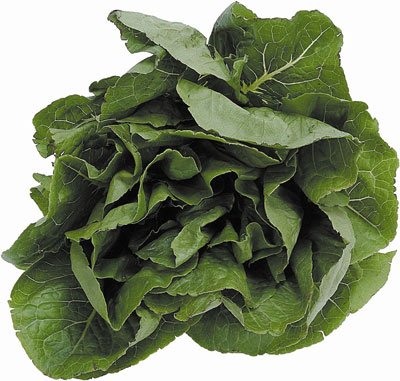A year after an E. coli outbreak traced to San Benito County
spinach cost local growers up to $6 million in lost revenue, the
industry is fighting hard to win back consumer confidence.
Hollister – A year after an E. coli outbreak traced to San Benito County spinach cost local growers up to $6 million in lost revenue, the industry is fighting hard to win back consumer confidence.
The E. coli outbreak – announced Sept. 14, 2006 – eventually sickened more than 200 people and killed three nationwide. It was traced to spinach processed at San Juan Bautista-based Natural Selection Foods. Since then consumer demand for fresh spinach has waned.
Many shoppers heading into Nob Hill Tuesday said they had been eating spinach since shortly after the recall. Pebble Beach resident Desmond Carreras said he couldn’t wait for spinach to get back on the self after the recall.
“It’s an unfortunate event, but that doesn’t mean I am going to stop buying things from China either,” Carreras said of other product recalls.
Hollister resident Kitina Martin said her family stopped eating spinach only for a short time after the outbreak.
“We just make sure we wash it well before we eat it,” Martin said.
Jim Gibson, who owns Hollister Super on Third Street, Su Supermercado on Fourth Street and Windmill Market in San Juan Bautista, said spinach sales at his grocery stores are still about half of what they were before the outbreak.
“It really hasn’t recovered at all,” Gibson said.
Before the outbreak, the stores combined to sell 10 cases of spinach – which contain 24 bunches each, Gibson said. A year later, Gibson’s stores sell an average of four cases per day, he said.
But, a year after the outbreak, some companies are reporting spinach sales near pre-outbreak levels. Samantha Cabaluna, a spokeswoman for Natural Selection Foods, said the company’s spinach sales are 90 percent of what they were before the recall a year ago.
Consumer advocate groups have argued the government should regulate the leafy green industry to prevent future food-borne illnesses.
Elisa Odabashian, director of the West Coast office of the Consumers Union, said lack of confidence in the safety of fresh spinach is evident in the industry’s losses. Spinach crop losses since the outbreak have been estimated between $50 and $100 million.













